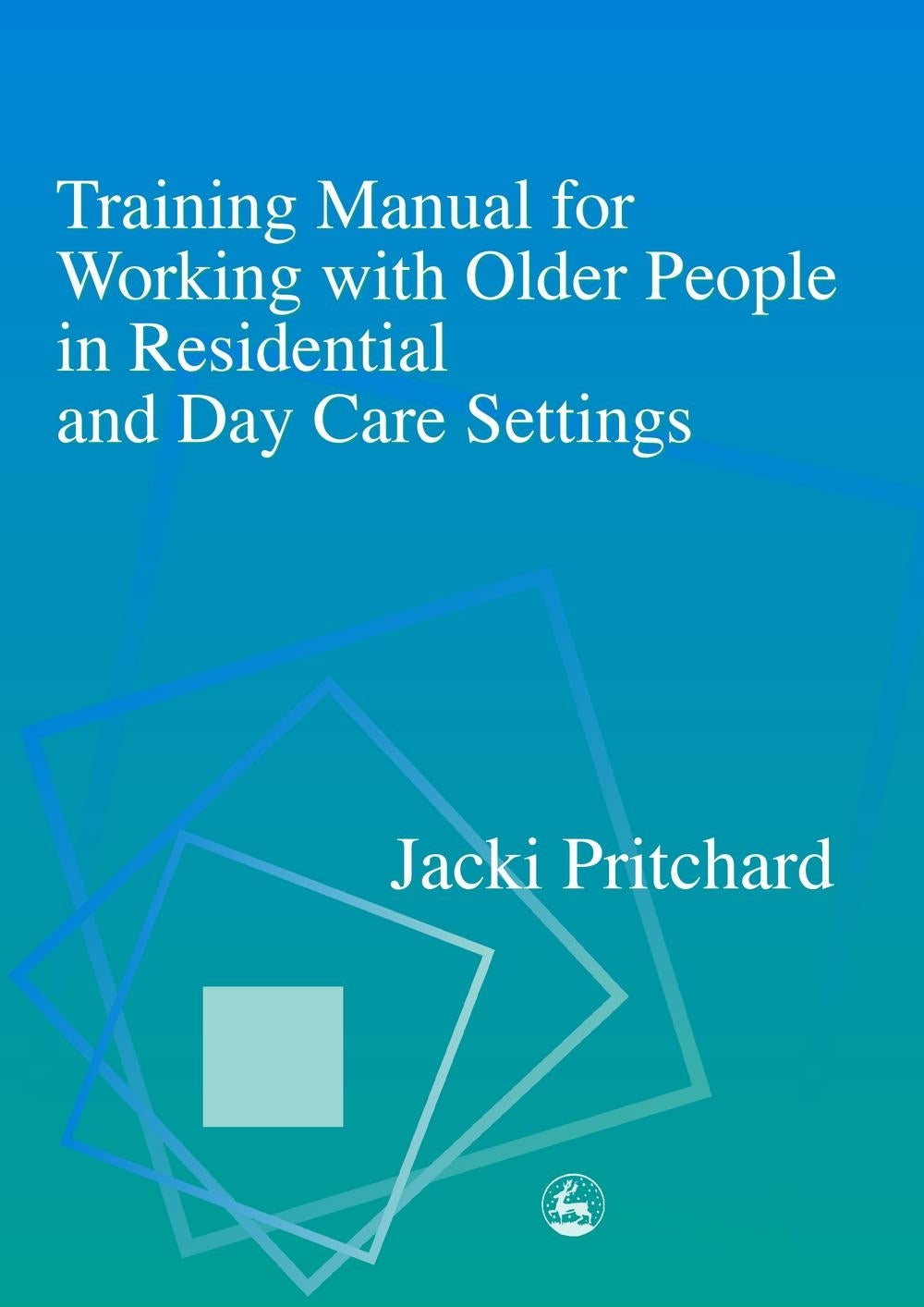
Press Reviews
Journal of Interprofessional Care
The content of the book will also contribute towards combating ageism that is prevalent amongst care staff. Realistic and thought-provoking case studies present in a social context, medical condition and biographical detail that will help the students to understand that an older person needing care is more than just a human body that is there to be toiletted, washed, dressed and given a meal. As such this will play a part in the deconstruction of the production line process prevalent in care work. This book provides an important contribution towards training a workforce that respects and understands older people. In turn this can be expected to improve the quality of life experiences by older people receiving care.
The Journal of Interprofessional Care
This excellent book provides an eminently usable and important training tool for the English care industry striving to meet Standards 27-30 of "Care Homes for Older People National Minimum Standards" (DH2002). It offers guidance and support to those responsible for the induction period of care staff and the development of a workforce with National Vocational Qualification (NVQ) competencies in social care. The most valuable aspect of this training manual lies in the importance of respecting and acknowledging the individuality of each older person and the situations care staff might be confronted with. This train of thought is prevalent throughout the book. It successfully aims to link the health and social care needs of older people living in a care home or attending day care centres and counterbalances the lack of focus on issues relating to older people within the established NVQ Level Two modules in social care.
Leveson Newsletter
Pritchard's experience of training has helped her organise all of this material with skill and an eye to usability. In particular she acknowledges that the training of care workers is likely to take place in a variety of ways at different times - on the job, supervision sessions, staff meetings, induction week and formal courses. All the material gives clear instructions about how to tackle a subject and extra guidance is given for the trainer. The manual has a particularly good index and a comprehensive set of contact details for useful organisations. The main contents of the book cover the principles of care; the role of the care worker; needs of older people; care planning; risk assessment; effective communications; recording and supervision; dealing with challenging behaviour; death, dying and bereavement; and abuse. From my own direct experience this is a good and effective book, and I commend it to all those wishing to develop training with care workers.
British Journal of Occupational Therapy
The strength of this manual lies in its interactive design. There is little wasted text, but rather, plenty of exercises, realistic case studies, hand-outs and quizzes, where the answers could be valuably debated in a small group format. References and resource ideas are provided for further study, and cross-referencing in the text leads the reader to select the relevant accompanying exercises and hand-outs. The later are clearly set out for follow-up purposes after the training session in complete.
Professional Social Work
This large format (A4) book contains materials for use in training sessions for staff in residential and day care settings. It can be used in conjunction with a series of training videos and CD Roms, but is not limited to this. It links closely to the standards set out by the Training Organisation for Personal Social Services (TOPSS), fitting closely with the requirements of NVQs... the handbook clearly reflects Jacki Pritchard's extensive experience in training, as well her expertise in the area of risk and abuse. It will be a helpful and accessible adjunct for many trainers and managers.
Ageing Matters
This manual is aimed at care workers for older people in residential and day care... This book is readable, thorough and well researched. The material is useful to anyone who cares for older people.
Community Care
Jacki Pritchard will be known to readers for having written on issues about training and older people and for also being a trainer and social worker herself. She draws on this experience to good effecting producing a manual with accessible language and brimming with case studies, exercises and other resources. The manual is in a large format and photocopiable. It would be my guess that managers in care homes and day centres will be delighted to see this manual.
